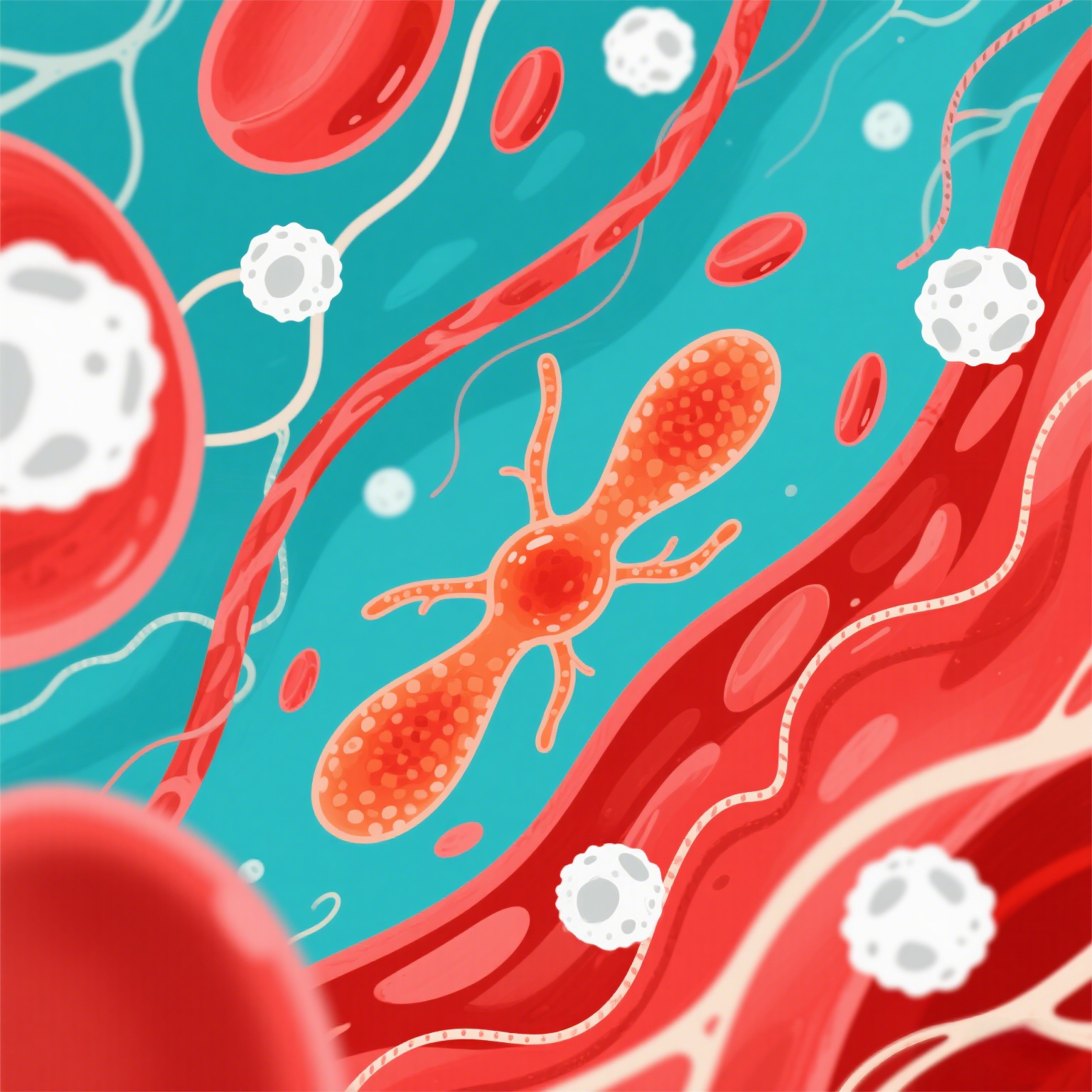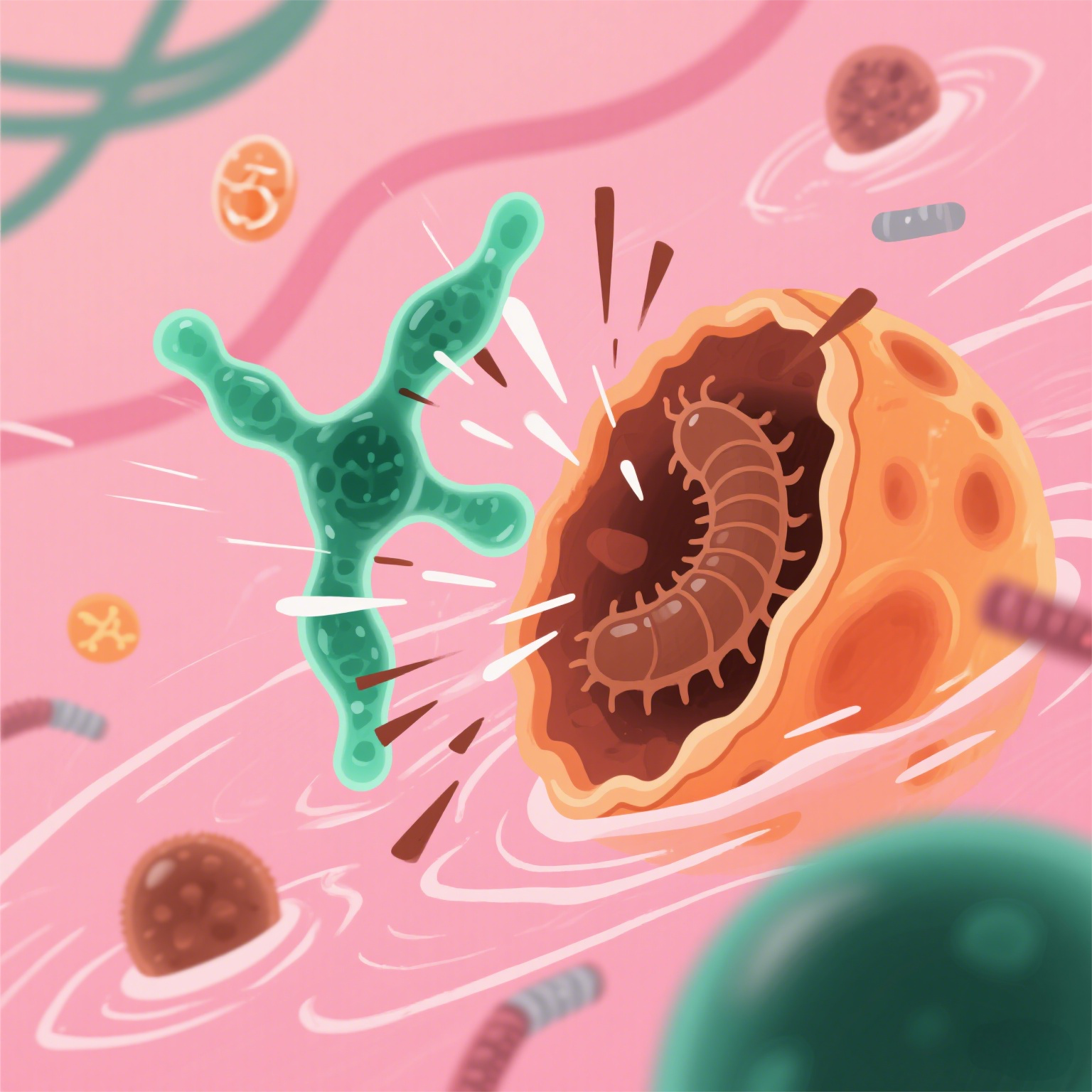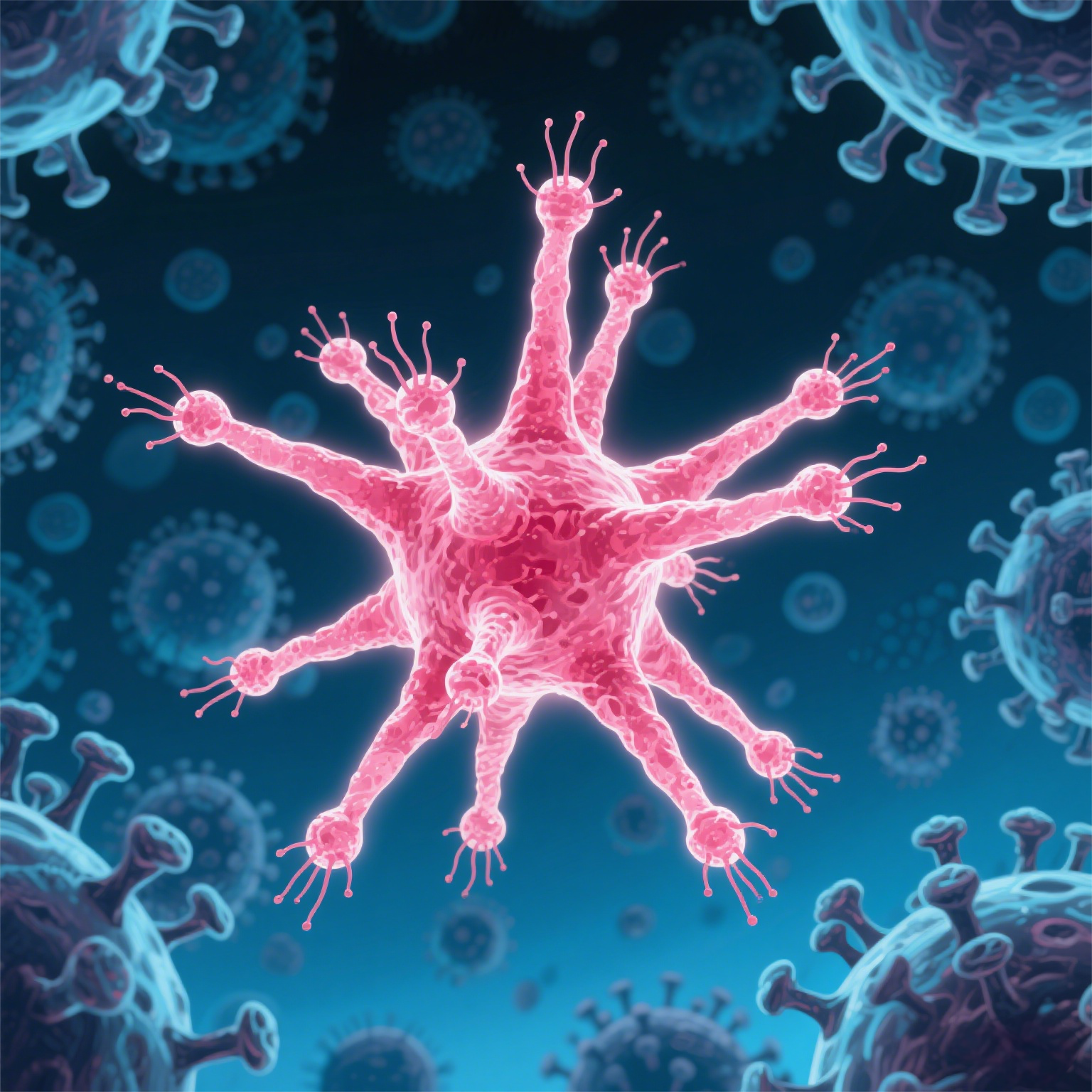
The InVivoPro Anti-Mouse Ly6G in vivo antibody, Clone 1A8 has emerged as a crucial asset in preclinical research, offering a powerful means to study and manipulate neutrophil functions in various disease models. Ly6G, a cell surface antigen highly expressed on mature neutrophils in mice, plays a pivotal role in innate immune responses, inflammation, and tumor progression. Clone 1A8, developed by BioXCell, is engineered to specifically target Ly6G with high affinity and specificity, enabling researchers to precisely deplete or modulate neutrophil populations in vivo.
Derived from a rat IgG2b clone and produced under stringent animal-free conditions, the InVivoPro Anti-Mouse Ly6G antibody undergoes meticulous quality control to ensure ultra-low endotoxin levels and exceptional purity. Its mechanism of action primarily involves binding to Ly6G on neutrophils, which can lead to antibody-dependent cellular cytotoxicity (ADCC) or complement-dependent cytotoxicity (CDC), effectively depleting neutrophils from the circulation and tissues. This targeted depletion allows scientists to investigate the impact of neutrophils on disease development and progression, providing valuable insights into their roles in both protective and pathological immune responses.
In preclinical cancer research, Clone 1A8 has been widely utilized to explore the complex relationship between neutrophils and tumor biology. Neutrophils can exhibit both pro-tumorigenic and anti-tumor activities, depending on the tumor microenvironment. By depleting Ly6G⁺ neutrophils using 1A8, researchers have demonstrated that reducing neutrophil numbers can inhibit tumor angiogenesis, limit tumor cell invasion and metastasis, and enhance the efficacy of other anti-cancer therapies such as immunotherapy and chemotherapy. For instance, in murine models of breast cancer and melanoma, Ly6G antibody treatment has been shown to decrease tumor growth and improve overall survival by altering the immune landscape within the tumor and promoting the activation of anti-tumor immune cells.
Beyond oncology, Clone 1A8 is instrumental in studying neutrophil involvement in inflammatory and autoimmune diseases. Neutrophils are key players in the early stages of inflammation, and their dysregulation is associated with conditions like rheumatoid arthritis, psoriasis, and inflammatory bowel disease. Using this antibody, researchers can investigate the contribution of neutrophils to disease pathogenesis, test the efficacy of potential therapeutic strategies aimed at modulating neutrophil functions, and identify novel biomarkers for disease diagnosis and prognosis.
The experimental validation of InVivoPro Anti-Mouse Ly6G antibody, Clone 1A8, is comprehensive. Flow cytometry is commonly employed to confirm its binding specificity to Ly6G⁺ neutrophils and to assess the extent of neutrophil depletion following treatment. Immunohistochemistry can further visualize the distribution and localization of neutrophils in tissues before and after antibody administration. Pharmacokinetic studies have also characterized the antibody’s behavior in mice, providing optimal dosing regimens for various experimental setups.
Compared to other Ly6G-targeting antibodies, Clone 1A8 offers distinct advantages. Its high specificity minimizes off-target effects, ensuring reliable and reproducible results. The low immunogenicity of the antibody in mice allows for repeated administrations without triggering significant host immune responses against the antibody itself. Additionally, the availability of the antibody in different quantities caters to both small-scale pilot studies and large-scale preclinical trials, making it a versatile choice for researchers across the globe.
In conclusion, the InVivoPro Anti-Mouse Ly6G in vivo antibody, Clone 1A8, is an indispensable tool for preclinical research, enabling in-depth exploration of neutrophil biology and its implications in diverse diseases. As research continues to uncover new functions and therapeutic targets related to neutrophils, Clone 1A8 will undoubtedly remain at the forefront, facilitating the development of innovative treatments and improving our understanding of immune-mediated diseases.



